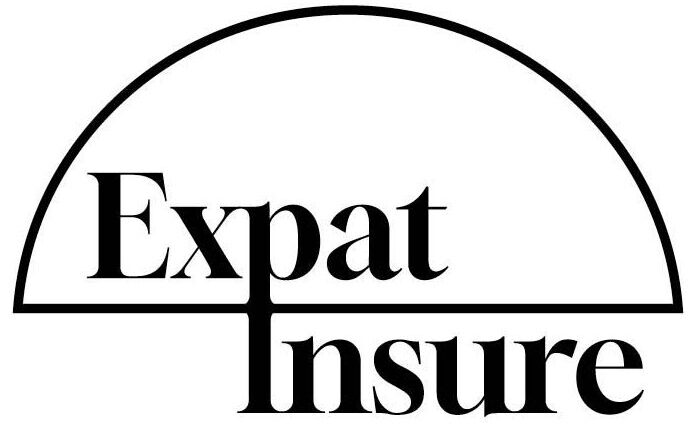Education Guide for Expats in Thailand
Curriculum for Expat Schools in Thailand
Schools for expats in Thailand primarily follow international curriculums, catering to the needs of students from various backgrounds. Here’s a breakdown of the most common options:
-
American Curriculum: Based on the US Common Core State Standards, this curriculum emphasizes core subjects like English, Math, Science, and History with some flexibility for schools to tailor it to student needs.
-
British Curriculum: Popular with British expats, this curriculum includes subjects like English, Math, Science, and electives like Art, Music, and Drama. It utilizes qualifications like IGCSEs (International General Certificate of Secondary Education) and A-Levels for older students.
-
International Baccalaureate (IB): This rigorous program offers a globally recognized diploma, preparing students for university success. It focuses on a broad range of subjects, critical thinking, and independent learning.
Additional Options:
-
Some schools offer a combination of different curriculums, providing a more hybrid approach.
-
Bilingual schools (English Program) integrate Thai language and culture with an English-based curriculum.
Important Note: It’s crucial to research specific schools, as they might have variations within these broader curriculum frameworks. Some schools might offer their own unique programs alongside established curriculums.
Cost of Education for Expats in Thailand
The cost of education for expats in Thailand varies greatly depending on the type of school you choose. Here’s a breakdown of what to expect:
-
Public Schools: These are free for Thai nationals, but fees apply for foreign students. Generally, they’re very affordable compared to private options, but instruction is primarily in Thai.
-
Bilingual Schools (English Program): These offer a balance between affordability and English-language learning. Expect to pay ฿1,500 to ฿5,000 per month (around $450 to $1,500 per year) on average, depending on the school’s location and reputation.
-
International Schools: These are the most expensive option, with tuition ranging from ฿150,000 to ฿900,000 per year (around $4,500 to $27,000). Fees can be even higher in major cities like Bangkok.
Keep in mind that tuition fees are just one part of the equation. You might also need to factor in:
-
Registration fees: These are one-time fees charged upon enrollment.
-
Uniform costs: Most schools have mandatory uniforms.
-
Activity fees: These may cover extracurricular activities, field trips, or transportation.
-
Lunch fees: Some schools may not include lunch in the tuition.
However, if you are on a tight budget there are some key saving strategies that can help you save money on schooling in Thailand.
-
Look outside major cities: Schools in smaller towns or less touristy areas may have lower fees.
-
Scholarships: Some international schools offer scholarships for students with academic merit or financial need.
-
Sibling discounts: Many schools offer discounts for families with multiple children enrolled.
By carefully considering your budget and priorities, you can find an educational option in Thailand that meets your needs without breaking the bank.
Higher Education for Expats in Thailand
Thailand offers a vibrant academic landscape for expats seeking higher education. However, navigating the system requires careful consideration. Here are some key factors to ponder when choosing a Thai university.
-
Program Focus: What do you want to study? Public universities excel in specific fields like engineering and medicine, while private universities may have a wider range of programs, including business and social sciences. Research program rankings within Thailand and internationally to assess the program’s reputation.
-
Language of Instruction: While English programs exist, Thai remains the dominant language in many universities. Assess your Thai proficiency and the program’s language requirements. Public universities with English programs might have stricter entry requirements.
-
Cost and Scholarships: Public universities boast significantly lower tuition fees compared to private institutions. However, competition for English programs can be high. Explore scholarship opportunities offered by the university or your home country to offset costs.
-
Location and Lifestyle: Consider the university’s location. Urban universities like those in Bangkok offer a bustling environment, while those in smaller cities provide a more relaxed atmosphere. Think about your preferred lifestyle and proximity to potential job opportunities.
-
Accreditation and Recognition: Ensure the university holds international accreditation to enhance your degree’s global recognition, especially if you plan to pursue further studies or work abroad.
Further Considerations for Expats Studying at Thai Universities
-
Campus Culture: Research the university’s student life, extracurricular activities, and international student support services. Look for a welcoming environment that fosters cultural exchange and integration.
-
Faculty Credentials: Investigate the qualifications and research experience of your potential professors. Strong faculty can enhance your learning experience and career prospects.
-
Job Placement Rates: If your goal is employment in Thailand, consider the university’s track record in placing graduates. Universities with strong industry connections can give you an edge in the job market.
Making the Right Choice of University in Thailand
By carefully considering these factors, you can make an informed decision about which Thai university best aligns with your academic aspirations and long-term goals. Researching individual universities and contacting their admissions departments can provide further insights into specific programs and resources available for international students.
Here are some examples of well-regarded universities in Thailand:
-
Public Universities:
-
Mahidol University (MU)
-
Kasetsart University (KU)
-
Private Universities:
-
Thammasat University (TU)
-
Chiang Mai University (CMU)
-
Khon Kaen University (KKU)
-
Here’s how you can find the websites of these universities:
-
Search for the university’s full name followed by “.ac.th”. This is the common domain extension for Thai universities.
-
Search for the university’s name in English. Most universities will have an English language version of their website.
By using these methods, you should be able to find the official websites of the universities you’re interested in. These websites will provide you with detailed information about their programs, admissions process, and student life.
